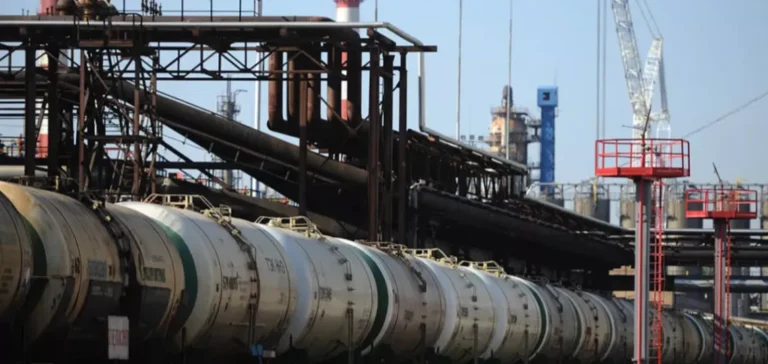Japanese distributor Shizuoka Gas has completed the initial phase of a tender for a long-term liquefied natural gas (LNG) contract, sources familiar with the matter said. The proposed deal would cover a seven-year period beginning in April 2027, with five cargoes per year, on a Delivered Ex-Ship (DES) basis.
Indicative offers linked to Brent
Interested sellers were asked to submit indicative offers indexed to Brent crude oil, the sources added. Shizuoka Gas has not issued any official communication on the process. The tender comes as several of its existing contracts are due to expire in the coming years.
The contract with Malaysia LNG Dua is set to end in 2026, followed by a portfolio agreement with Jera and a deal with Prelude FLNG, both expiring in 2027. Another contract with North West Shelf will conclude in 2028, according to data from the Japan Organization for Metals and Energy Security.
Possible signature by end-2025
According to one source, the company may finalise a new agreement by the end of 2025 to ensure supply continuity. The move forms part of a proactive gas portfolio management strategy, as regional competition for available LNG volumes remains high.
Separately, Shizuoka Gas signed a long-term sale and purchase agreement in December 2024 with Australian company Santos. The contract provides for annual deliveries of between 0.35 mn and 0.4 mn tonnes of LNG from 2032, for a 12-year period, also on a DES basis.
Evolving partnerships
The gradual adjustment of its contractual relationships reflects the company’s response to changing market conditions. The new agreements under negotiation are intended to bridge the gap between the expiration of legacy contracts and the start of future commitments.
While full details of the tender have not been disclosed, the process signals Shizuoka Gas’s intent to maintain supply stability through long-term commercial partnerships. The commitment to fixed volumes and Brent-linked pricing also highlights a structured approach to price volatility.






















